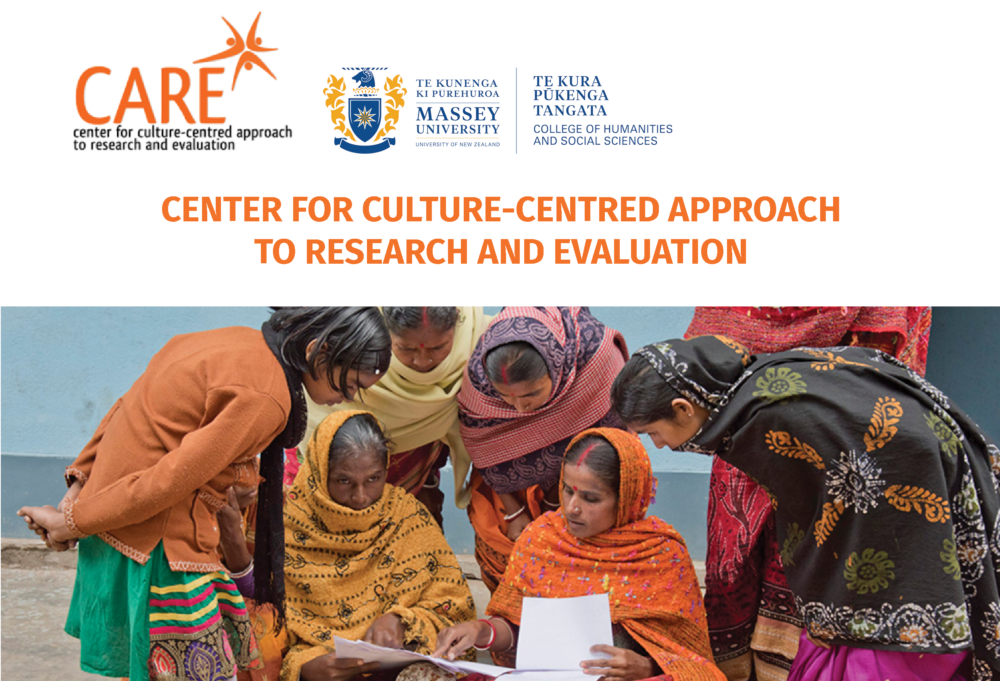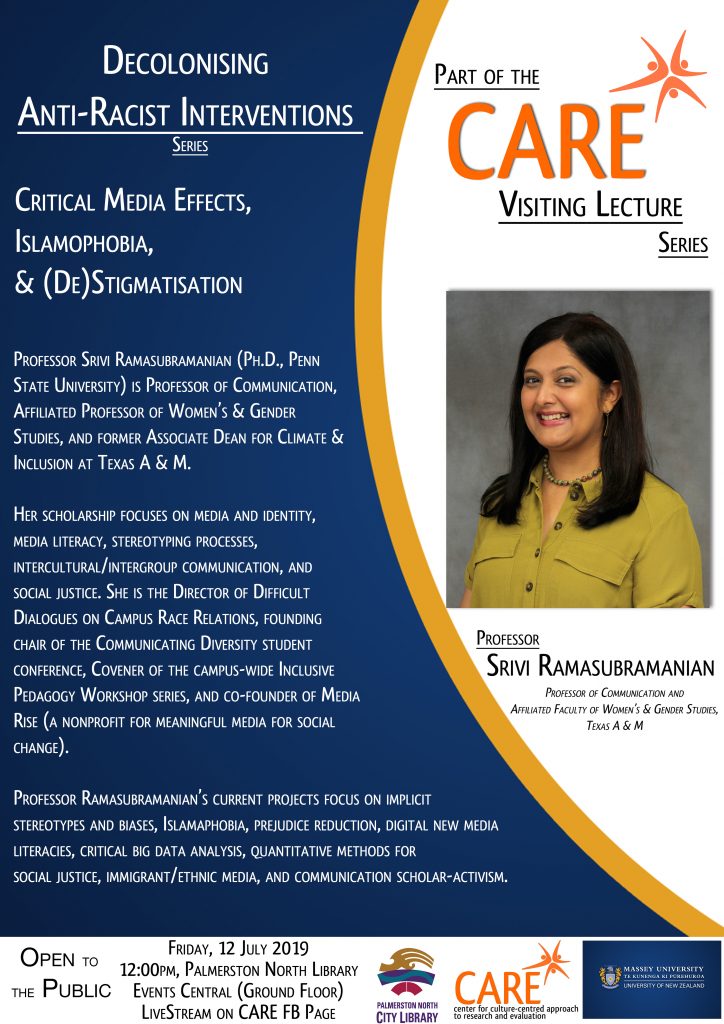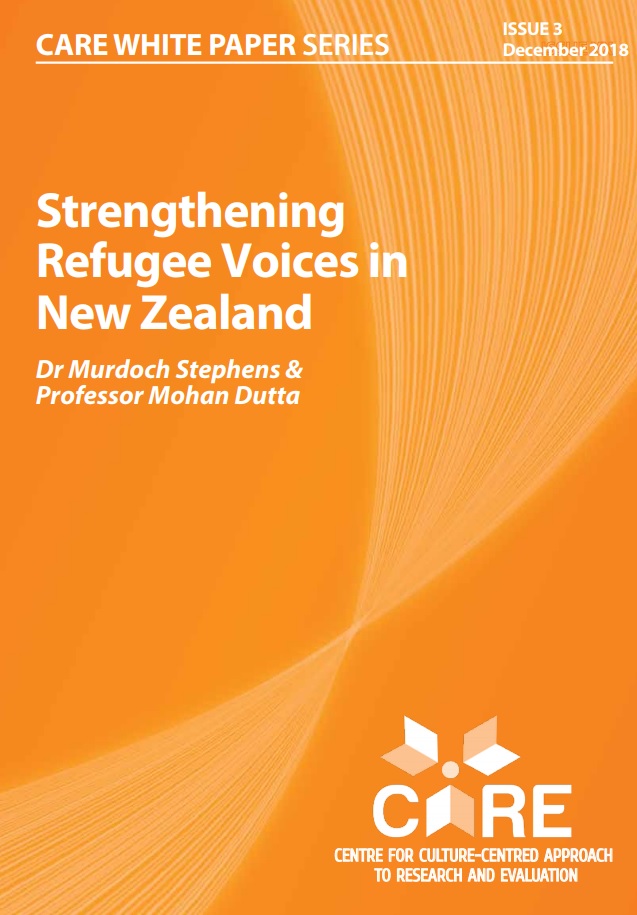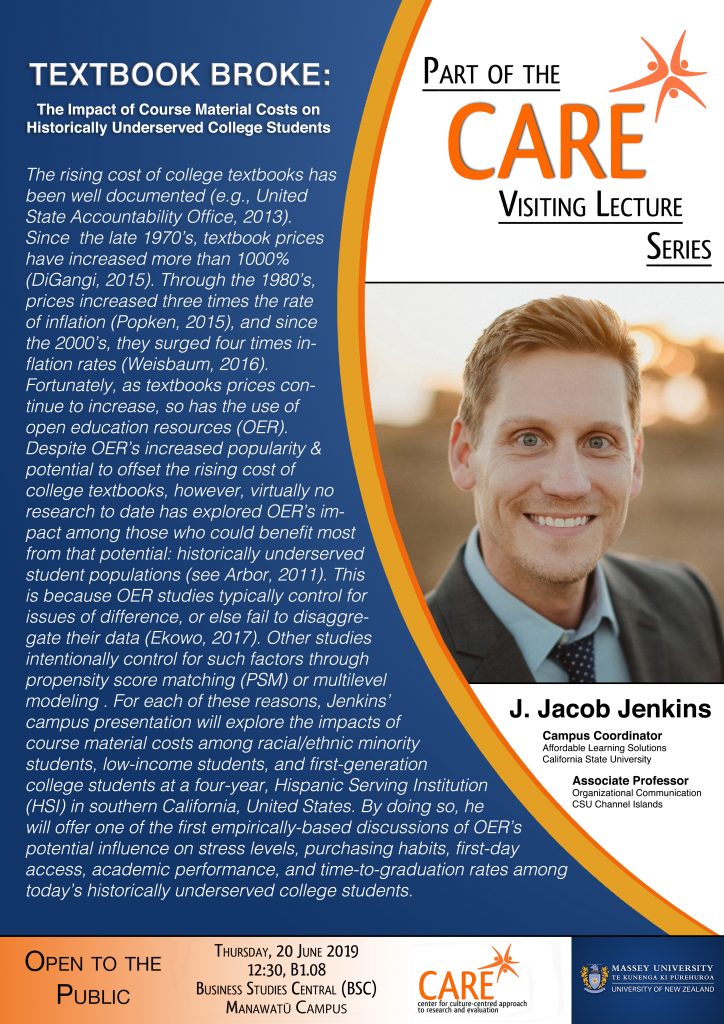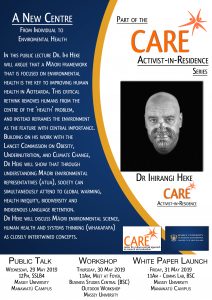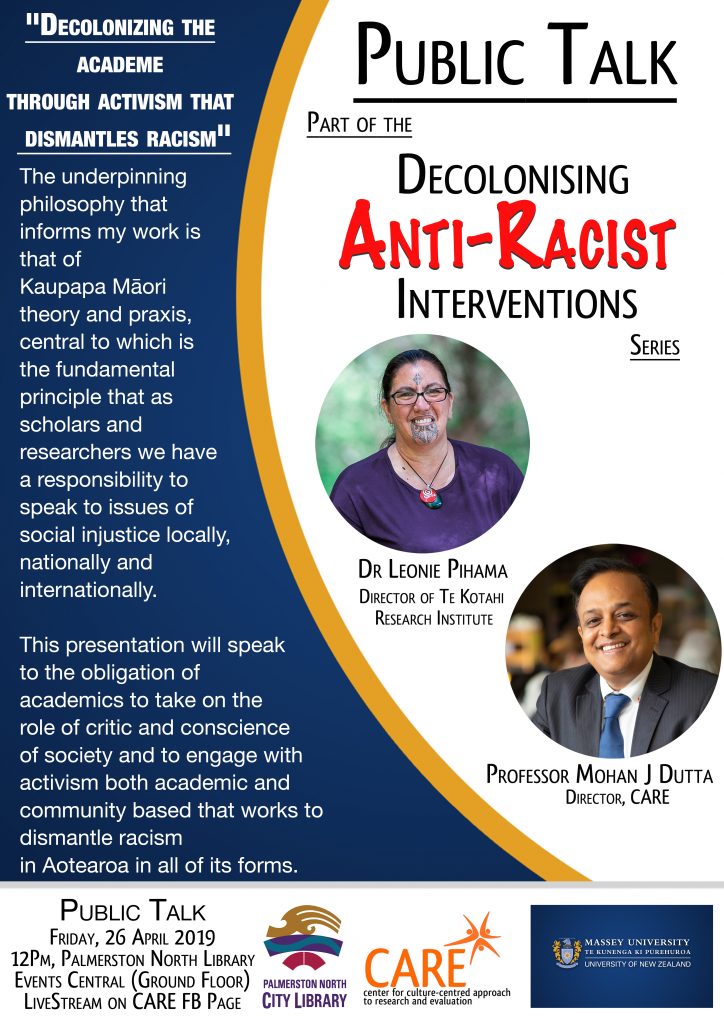For a few weeks, we heard Muslim voices. Then the free speech debate took over
| Guest writer Opinion
It will always be hard to keep Muslim and migrant perspectives in the foreground as long as material support is wanting, write Mohan Dutta and Murdoch Stephens
After the mosque attacks in Christchurch, there was a strong call from media to centre Muslim responses. For a few short weeks, the voices from the attacked communities were not only heard but prioritised.
But as the weeks turn to months, there has been a change to the way we talk about voices and speech. No longer were people discussing prioritising the voices from specific communities. Instead, to the fore rode more abstract and legal questions of hate speech and free speech.
We have no problem with a public discussion on hate speech and free speech, even if it means we have to put up with myopic views of freedom to speak that exclude freedom from hate speech. However, we are concerned that this debate has overshadowed the need for medium and long term reforms that focus on whose voices are prioritised.
Two days after the mosque attacks, one of the authors of this article spoke at length to a senior member of the government who assured him that there would be government support for these communities. But as the budget came and went, there was very little to help sustain these communities other than short-term funding for mental health. Compare that to the opaque $25m spent on stopping asylum seekers arriving by boat and it feels like little has changed. Even the much needed Multicultural Hub is backed by the local council, not central government.
Prioritising Muslim voices generally meant seeking out those community members already skilled at public communication. In the medium term, we can’t expect these individuals to continue to offer commentary: most are employed in other jobs, and not always places that look kindly on advocacy and journalism.
Luckily, we already have organisations established that can provide commentary from Muslim and migrant perspectives. Consider the work by Anjum Rahman from the Islamic Women’s Council, Imam Gamal Fouda from the Al-Noor mosque or Ahmad Tani from the Canterbury Refugee Centre.
We are particularly interested in the last of these three. The day after the mosque attacks it was the Canterbury Refugee Centre and Mr Tani who hosted Jacinda Ardern in Christchurch. Tani’s organisation is one of a handful around New Zealand funded through MBIE’s Strengthening Refugee Voices (SRV) programme. SRV organisations organise hui to collect and then communicate former refugee experiences – including many new Muslim New Zealanders – to Immigration New Zealand. Though we understand there is no neat crossover between refugee and Muslim communities, the SRV programme is one way that the least heard voices from the Muslim community can be amplified.
Emerging in the third term of the previous Labour government, it is fascinating to look back on where the policy came from. Then Immigration Minister David Cunliffe, speaking to refugee community leaders, announced the SRV funding as part of an earlier $62m budget package for the area. But the allocation for these refugee community groups was only $250,000 per year. That is not $250,000 per organisation, but in total, across all resettlement centres.
More than ten years since the establishment of SRV it is time for a review. Resettlement of refugees has moved away from Auckland with five other centres – Wellington, Waikato, Nelson, the Manawatū and Dunedin – now hosting more in each case than our largest city. On top of this, the next year will see the opening of six new resettlement centres in smaller regions.
Immigration New Zealand explicitly states, on page three of their resettlement strategy, “At the heart of the Strategy is the refugee voice. The Strategy was developed by Government and service providers in conjunction with former refugees and the identification of strategic priorities is undertaken in consultation with refugee communities.”
We agree that voice lies at the heart of sustaining an infrastructure for addressing the climate of hate experienced by refugees. Building spaces where voices of refugees can be heard is integral to addressing the challenges experienced by refugees. Moreover, the broader climate of prejudice and hate is addressed through the presence of refugee voices.
Last week, Immigration NZ told resettlement organisations that SRV would be reformulated for the expanded quota. But instead of facilitating this work through the usual full year contract, the groups we talked to have been offered just six months. In addition to the actual work of engaging with resettled communities, they are now being required to do the groundwork of redesigning the programme, which one of our contacts described as “a significant workload increase”.
In researching our just released White Paper on Strengthening Refugee Voices for the CARE centre, we discussed these issues with many interested parties. One of us met with Immigration NZ representatives in their MBIE headquarters in Wellington recently renovated for $15m. But when we met the head of a smaller resettlement organisation – not one of the original four – we had to meet in a public library. They simply did not have the funds for an office, let alone a salary. This person was tasked with coordinating and reporting on one of the largest refugee background communities on a budget of $6,000. How, we wondered, can refugee voices really be at the heart of the strategy when the material support is so wanting?
Over the coming months, the country will be doused in debates over free speech for those already affluent enough to want for nothing. Some of the newest members of our Muslim community, on the other hand, will arrive to a new land, and perhaps a new language. How, we ask, will their voices be heard?
In November 2018 Murdoch Stephens was invited to be an activist in residence with Professor Mohan Dutta’s CARE research centre at Massey University in Palmerston North. The White Paper that emerged from that residency can be found here.
Soruce: SHOUTY MCSHOURFACE. PHOTO: GETTY
